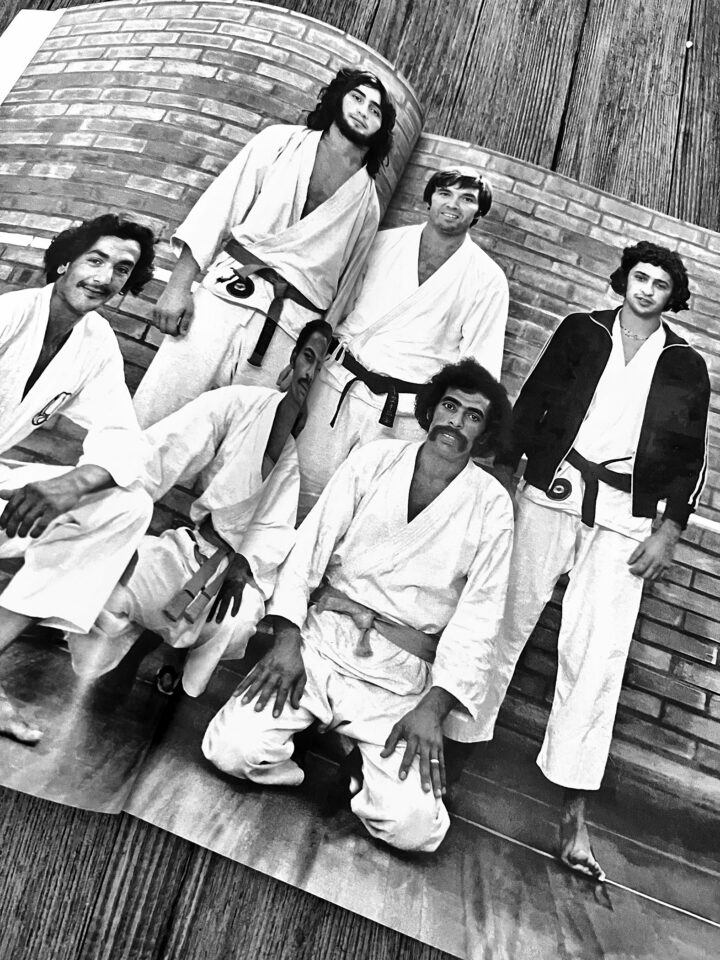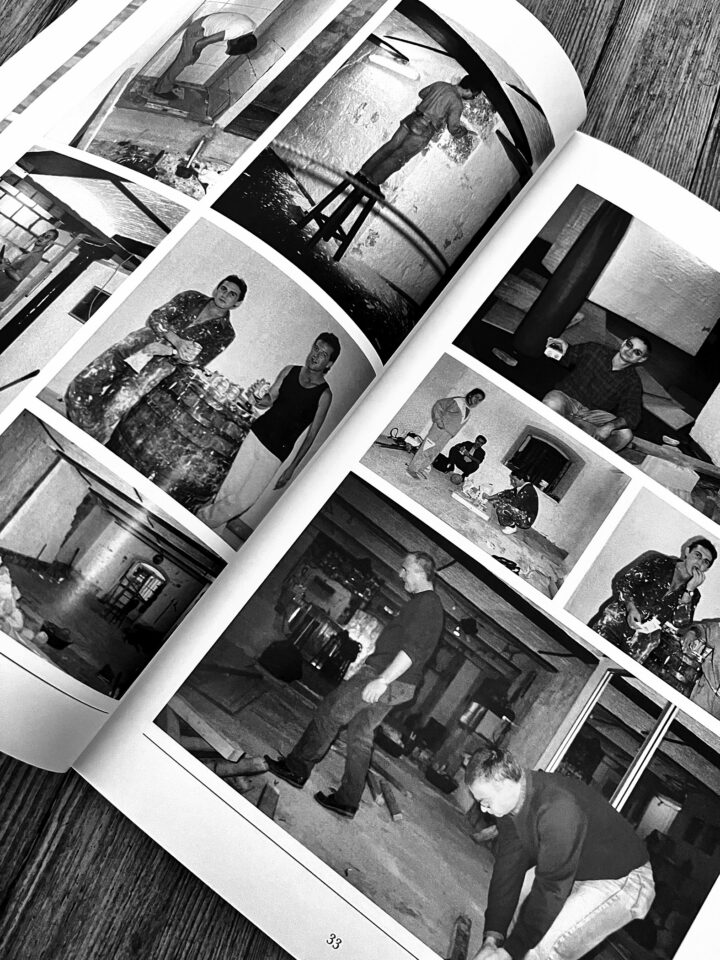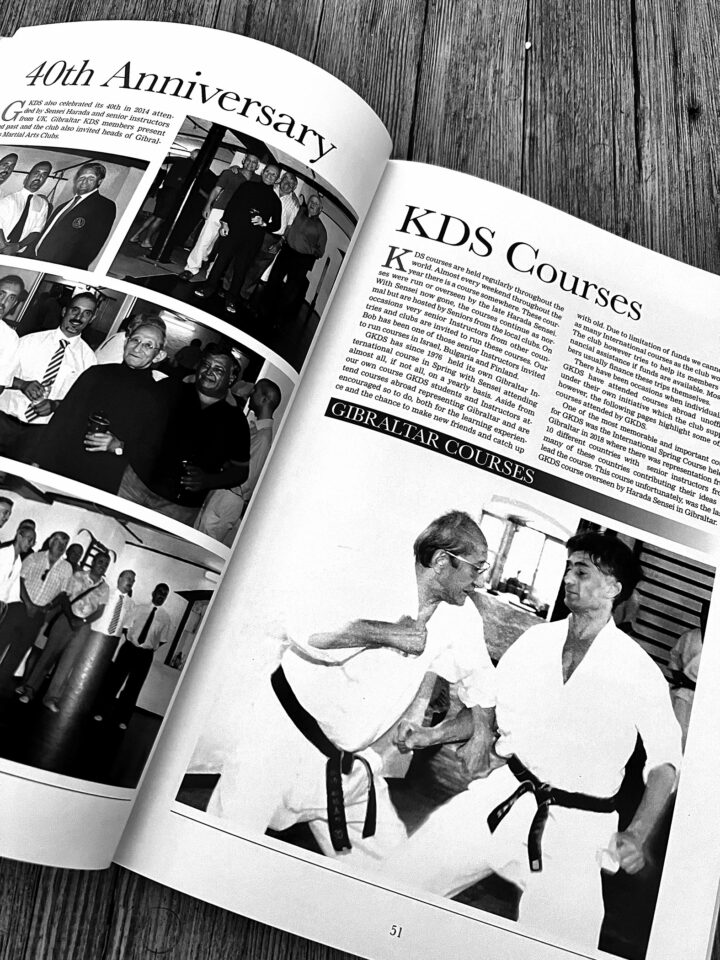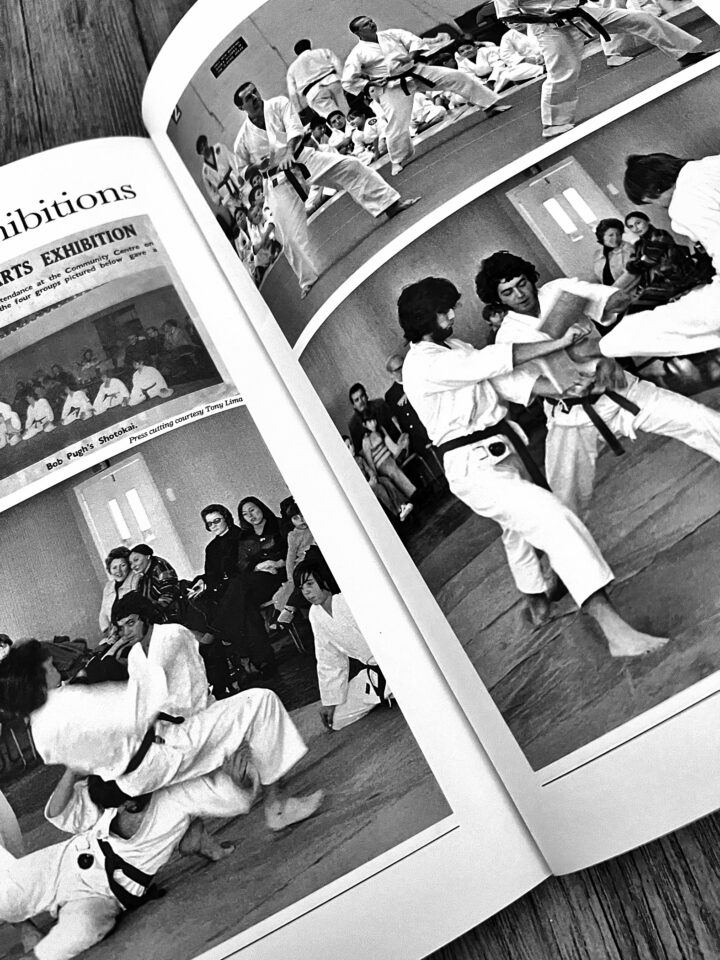More than sport, a way of life
By Stephen Ignacio
Karate Do Shotokai celebrates fifty years since it was first founded on the Rock. Going from its humble beginnings to its present day, where it has gained international recognition as it paves its own pathway independently, the club has brought something more than a sport to Gibraltar.
Based very much on the teachings of Sensei Harada, as three of the Gibraltar club’s senior members explained, Karate Do Shotokai in Gibraltar was not a competitive sports club, but one which taught a discipline that has formed a part of the lives of many of its pupils. Among the many who walked through the doors of the club are top businessmen and women, CEOs, teachers, entrepreneurs, educators, elite sports people, and more, few of whom you would easily know of their passage through the club. The humble ways in which the club itself teaches through its disciplines, unlike most clubs in Gibraltar, have seen its work influence the lives of many without the pomp and glory parades others adhere to.
This year, Karate Do Shotokai celebrates fifty years since it first opened its doors, commemorating it through the publication of a book outlining its history and a number of events, many of which will be an expansion of annual events such as this week’s International Spring courses.
The book, a two-year project which has seen Stephen Rammage, 41 years a member of the club, bring together a collection of images, clippings, and mementos which had been lying around the club before he, and two others, started putting together the history of the club. From emotional letters to clippings, old photos, and many memories, the 100-page book, which could easily have been double the size, offers a glimpse of a club whose presence in Gibraltar has been more than a mere sports success, but also an influence in the lives of many.
As Mr. Pugh, Mr. Rammage, and Mr. Martinez recalled during an informal interview at their club premises, the club was founded from humble beginnings itself. Back in 1974, after the arrival of Mr. Pugh to the Rock where he worked at the Mons Calpe, he had started to provide some sessions to employees at Blands. After being approached, the club was to form after being allowed the use of a room at the then DSA social club. With some sixty to seventy members doing a beginners’ course, they were allowed the use of the main DSA hall.
They were then to move on to premises at Bakers Passage where, with a closed border, the club saw much interest. “People queued outside there. If you didn’t get there on time, you wouldn’t be able to get in. If you were late, you wouldn’t practice. In those days, there was a gong, and they would say go home; you can’t practice.”
Significantly, the premises at Bakers Passage was a double garage restricted in space but which became their home from 1976 to 1988. The club would also use St. Anne’s Gym and RFA gym when Sensei arrived on the Rock to give his courses.
The advantages of creating a family-styled community from people of all walks of life came to the foreground when the club moved to its present location in Town Range. Once a squatter hide-out which had burnt down, two years of hard work with everyone chipping in made the present facilities a reality.
Even today, decades after and with Gibraltar having seen a major growth in the facilities available for sport, the club does not wish to move. Having created a community of their own, there is no desire to find new or more modern premises. Simple things such as having a bar which allows them to socialize and keep everybody together are seen as of far greater value. “We are quite lucky we have a bar because you go to any other dojo, anywhere, and you won’t find a bar. The bar allows for social sessions; it keeps everybody together, it keeps everybody at the club, and the money is put back into the club.”
More significantly, such minor things also highlight the very discipline which members learn, with the club having a policy which runs the bar under an “honesty basis” which, they say, “shows there is trust, which has been working since 1990 without any problems.”
The bar itself has been the envy of many of its international friends who have visited Gibraltar. The local club’s presence in the international scene has seen it held in very high respect, with people such as Mr. Pugh, who says he has no thought of retiring, still going strong and providing his own input into sessions abroad.
Gibraltar has also been seen as one of the leading examples into the future. The recent passing away of Sensei Harada has left a void in which, as it was described, “the direction is a bit hazy.” While many clubs in the UK and abroad sought his advice when looking for direction, the fact Gibraltar saw just the occasional visit has meant that it became more independent in its thinking. This, in itself, has led to many also seeking Gibraltar’s advice as clubs learn from each other when they meet.
“When we go abroad they pressure to use each other and learn from each other so that they know what each other can do.” Gibraltar has produced the most fifth dans with some working across the globe.
The extraordinary thing, however, is that as Mr. Pugh, Mr. Rammage, and Mr. Martinez all admitted, they did not really publicize themselves widely yet still attracted enough interest to have a thriving junior intake. “Every sport is different with intake; kids nowadays are not like kids in our generation and are more interested in their phones than the rest. But we have a thriving junior intake, and we are starting to get kids back in. We are moving four of the kids from the juniors to the senior sessions now.”
It has all been mainly word of mouth or through parents who have passed through their ranks. The club, unlike others, only allows members from the ages of seven years upwards, in order to provide a better level of teaching than acting as a “crèche.”
Not everyone that goes through stays, but as officials told us, their experience already tells them who will stay and who will be the ones who will go by themselves; nobody is ever shown the door. And nobody has ever seen the doors closed to them.
While some people join to learn how to fight and wanting to enter competitions, they soon leave, while those who wish to learn the discipline and follow it will continue for many years. There is also no age limit on joining, with members having joined even at the ages of their late sixties and early eighties.
Fifty years since it was founded, Karate Do Shotokai has become something more than just a club, but a way of life which has provided its grain of influence into Gibraltar’s community. Bringing a discipline through its members which now spreads through many walks of life. And like any community which has developed and matured, while it will continue to seek new members to develop and grow into the future, its future continues on steady ground as it celebrates its fiftieth anniversary in its own humble ways.













